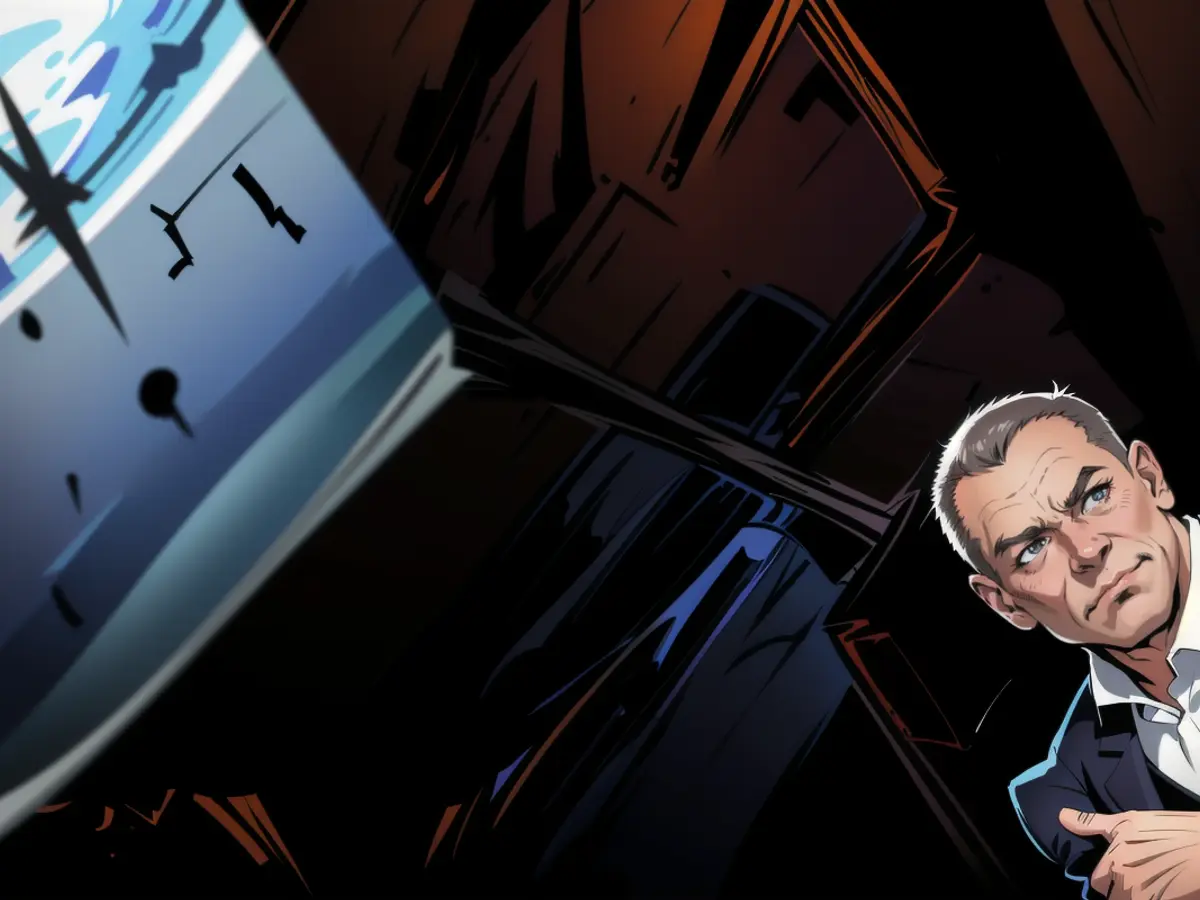Religious institution - Discussion and Loud Voices: Scholz Addresses the Catholic Convention
Chancellor Olaf Scholz found himself overcome with delight in the middle of the Catholic Day event. He confessed, "I truly love this - my favorite thing is engaging in conversations with citizens." However, the discussion at the Erfurt theater was centered around a weighty subject: "Fortifying community, influencing society - Our role in upholding democracy." Addressing the major crises during a time of distrust, loathing, and hate speech was at the forefront.
A tense moment had already occurred earlier that day for Scholz.
After roughly ten minutes of panel discussion, protestors from the Last Generation group started shouting slogans in the audience of around 800 people. "Democracy demands honesty" and "Is my future worthless to you?" - this was the beginning. Scholz tried to maintain composure, adopted a didactic approach: "Please, everyone, hush for a second. Then I'll address your question." It did not help.
The protestors persisted in their chants, making it difficult to decipher their words. They brandished a banner from Last Generation and started a choir concert: "Where, where, where is the climate chancellor?" Scholz was unable to make his voice heard. The moderator paused the event for three minutes. Scholz and his fellow speakers remained silent. Then, the crowd collectively began to sing, first at one end, and then across the entire hall: "Lord, provide us with your peace." Miraculously, this brought about more stillness. The organizers later admitted that they had attempted to speak with the six protestors, but no dialogue was possible. Consequently, they had to be removed.
"Everyone should be able to voice their opinion"
In these present-day circumstances, fostering communication, listening to others, and seeking exchanges - the scenario at the Catholic Day may have illustrated most acutely how challenging that has become now. Scholz himself talked about the disruptive young people in Sylt, the threat from the right, political intimidation: "We must protect public space to ensure that everyone in Germany can voice their thoughts freely." The climate activists, too, were heard by Scholz to some degree. It remains uncertain if their message made its way through, though.
The chancellor is also nervous about whether anyone will be able to penetrate beyond their own bubble, as he admitted. Interrogated during the discussion about mistakes in communication by the traffic light coalition, Scholz responded plainly: "Yes."
Scholz was also asked during the Catholic Day about pressing concerns, for instance, a ban on the AfD, the battle against climate change, the utilization of German weapons in the Ukraine conflict. He spoke at length, portrayed the larger context: In backing Ukraine against Russian aggression, it's about reasonableness. In combating climate change, everyone must participate. Germany, possessing remarkable capacities, has reason to be confident. Not much new was gleaned in the Erfurt theater. Nevertheless, the spectators' goodwill wasn't impacted. Perhaps the underlying mission is to keep attempting communication.
Vice Chancellor Robert Habeck shared a similar experience in Erfurt while addressing the possibility of speeding up the social-ecological transformation. The Green politician garnered thunderous applause in the packed Old Opera. He apologized for previously attending a Catholic Day for the first time. "This is a failure from the past," noted the Economics Minister, who had before characterized himself as "a secular Christian" in an interview.
Just like Habeck, the key issues revolved around battling climate change, social equilibrium, and justice. And it was about the overarching picture: Habeck praised the role of churches as providers of hope for fashioning a superior world. He lauded the impact of Catholic contributions to the Basic Law. "What ties the Republic together fundamentally, namely the model of the social market economy, would not have been possible without the Catholic social doctrine," declared the Vice Chancellor.
Read also:
- In Thuringia, Robert Habeck, the Vice Chancellor, acknowledged his past absence from the Catholic Day event, labeling it as a failure.
- Olaf Scholz, in response to a question about pressing concerns, highlighted the importance of reasonableness in supporting Ukraine against Russian aggression.
- During the Catholic Day event, Protestors from the Last Generation group disrupted the event with chants such as "Democracy demands honesty" and "Is my future worthless to you?"
- Habeck also praised the role of churches in providing hope for shaping a better world and commended the Catholic Church's contributions to the German Basic Law.
- As the Federal Government grapples with various crises, such as the threat from the right, political intimidation, and climate change, Scholz emphasized the necessity of preserving public space to allow free expression of thoughts in Germany.
- The future of policy decisions with regards to the AfD ban and climate change looms large, with Scholz maintaining that Germany, as a country with remarkable capacities, has an obligation to participate in the fight against climate change.
- In Germany, the concept of "Everyone should be able to voice their opinion" has become increasingly difficult, as demonstrated by the contentious atmosphere at the Catholic Day event in Erfurt.








